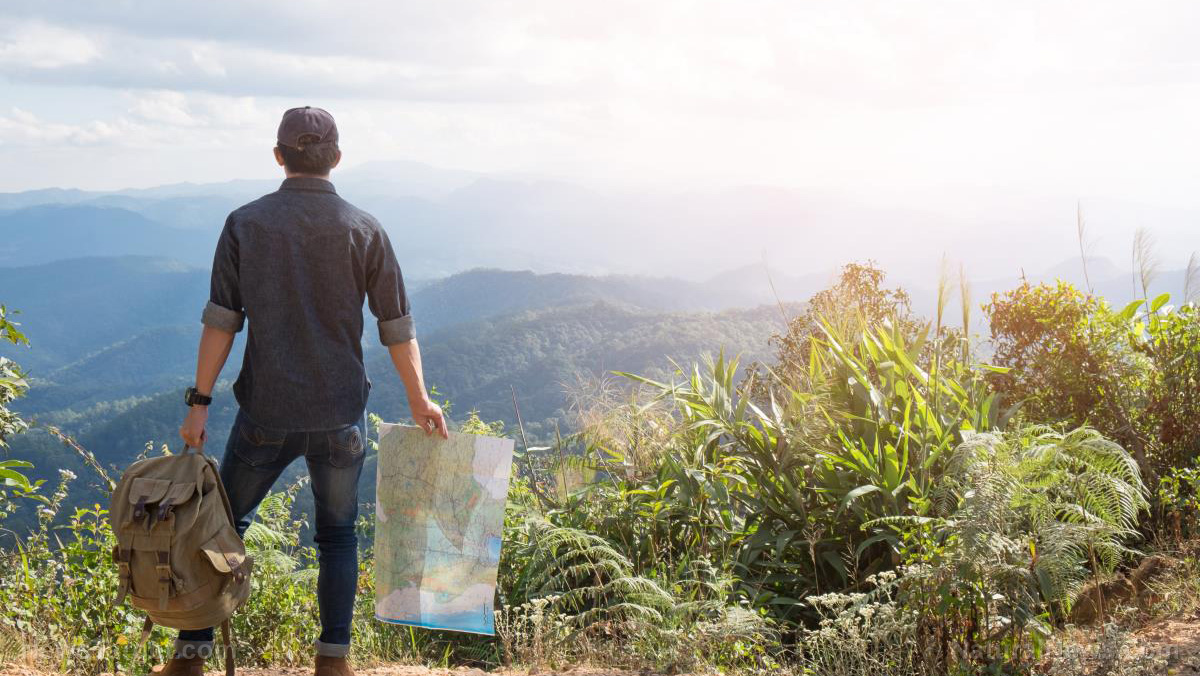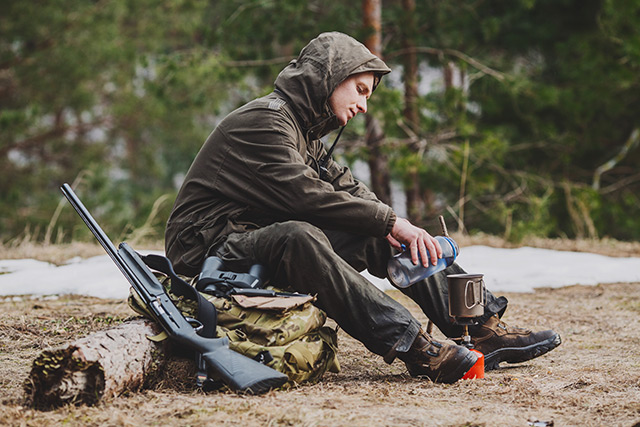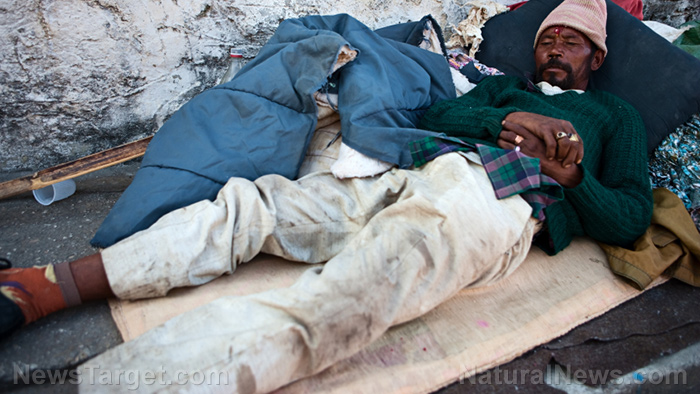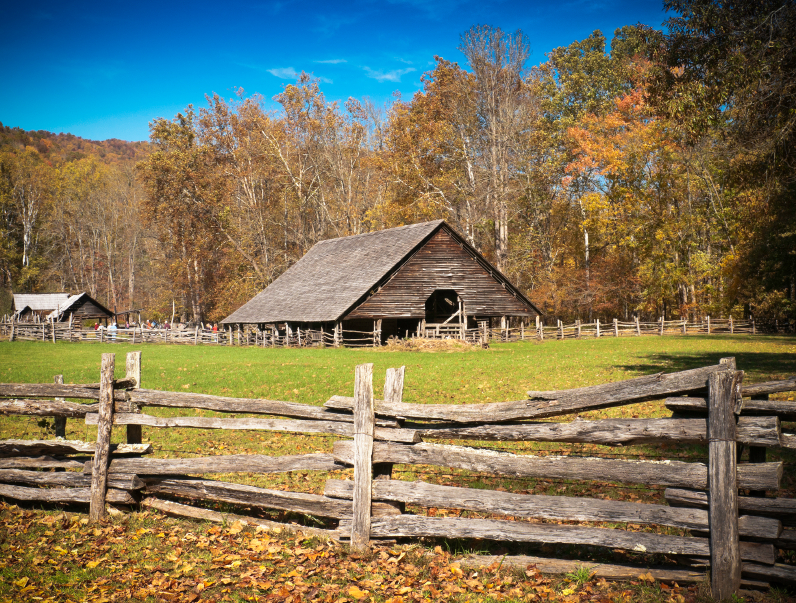How to prep without breaking the bank
01/30/2019 / By Mary Miller

Being committed to prepping means investing for the future. Of course, that doesn’t mean you should go broke trying to anticipate every possible survival situation you might find yourself in. If you want your investment to pay off in the long run, make sure that your finances are still secure even before SHTF. Here are some of the best tips for prepping while on a tight budget. (h/t to Survivopedia.com)
Establish a realistic budget
Before anything else, find out how much money you have to spare for your prepping needs. Calculate your monthly income and subtract all your day-to-day expenses from that amount. You may even have to forego a few luxuries to save on money. Once you calculate how much money you have left over that you don’t plan on spending on anything else, then you can base your prepping budget on that remaining amount. Also, just because you have that extra money to spare, it doesn’t mean you have to spend all of in on prepping. The goal is still to save as much money as possible. Maximize the use of your money by buying only what you need. (Related: How to prep even if you don’t have a lot of money to spare.)
Consider what you’re prepping for
Assess your current situation. Consider where you live, what supplies you have, how many family members you have to take care of, etc. Next, take into consideration what are the possible survival scenarios you might face. Do you live in a big city where a disease outbreak can easily spread throughout the densely crowded population? Do you live in a rural area where emergency services will not be able to respond immediately to emergencies? Is your area prone to experiencing hurricanes and blizzards? It wouldn’t make much sense to prepare for a flood in a very dry or an area far away from most bodies of water. Think about whether you will have better survival chances either bugging in or bugging out. This will mean the difference between a well-stocked pantry with heavy survival gear and a 72-hour emergency kit with all your necessities packed for easy evacuation.
Sponsored solution from the Health Ranger Store: The Big Berkey water filter removes almost 100% of all contaminants using only the power of gravity (no electricity needed, works completely off-grid). Widely consider the ultimate "survival" water filter, the Big Berkey is made of stainless steel and has been laboratory verified for high-efficiency removal of heavy metals by CWC Labs, with tests personally conducted by Mike Adams. Explore more here.
Always buy in bulk
You can find a lot of great deals at discount warehouses instead of retail outlets. This allows you to buy in bulk when you find something you need at an affordable price. Aside from survival gear, you will want to stock up on plenty of nonperishable food items, such as oats, rice or beans.
Learn to prioritize
Avoid buying items just because they are on sale for the day. You don’t really save on money if these are items that you won’t really need in the long run. It would be a good idea to list down all the essential items and basic necessities that you need to buy. Once you have completed your list, stick to it.
Learn how to repair broken items
Instead of throwing something out when it gets broken and buying a replacement, try learning how you can repair the object. Spending on a few repair tools can be a lot more cost-efficient than having to spend on a whole new appliance whenever one breaks down. This will also allow you to acquire new and useful skills that may come in handy when SHTF.
Learn more tricks on how to prep while on a tight budget by going to Preparedness.news.
Sources include:
Tagged Under: affordable prepping, budget prepping, budgeting, bug out, emergencies, emergency, expenses, off grid, preparedness, prepper, prepping, saving money, spending habits, survival, survivalist, sustainable living




















